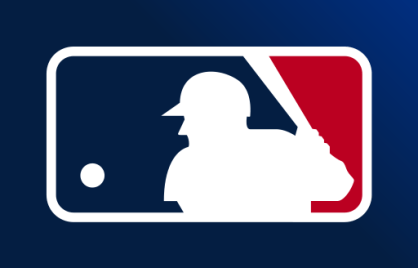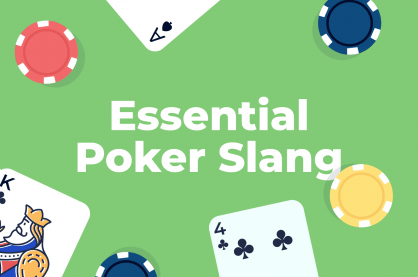Gambling Psychologist: Ask Me Anything
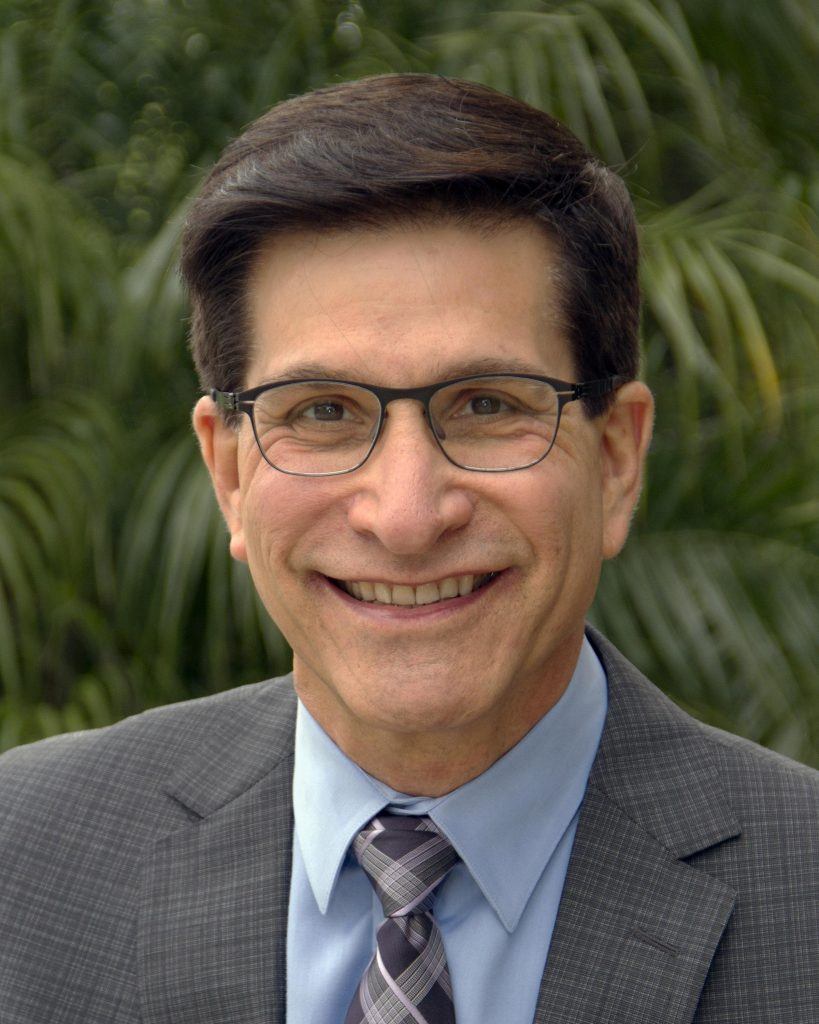 Dr David Sack is Chief Medical Officer at Elements Behavioral Health, a company which runs several gambling and drug addiction rehabilitation centers across the USA.
Dr David Sack is Chief Medical Officer at Elements Behavioral Health, a company which runs several gambling and drug addiction rehabilitation centers across the USA.
We caught up with him for an exclusive chat about what gambling addiction really is, how impulsiveness is passed from parents to children and how hypersexual behavior is often linked to a love of gambling.
Dr Sack studied at the UCLA Neuropsychiatric Institute and is board certified in Psychiatry, Addiction Psychiatry and Addiction Medicine. He is one of the most respected gambling and addiction specialist in his field today and blogs for the Huffington Post, Psychology Today and many more.
Q: How come some people get addicted to gambling?
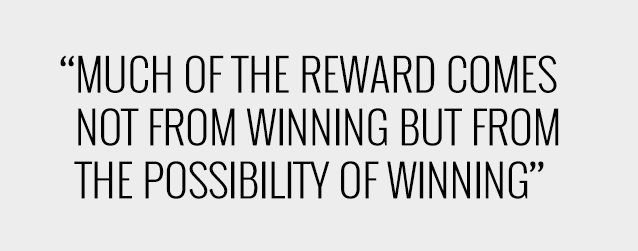
Genetics play a role but growing evidence shows gambling disorder is also tied to the dopamine reward system in the brain.
Different gamblers have different experiences but one of the things you see in process addictions like gambling is that much of the reward comes not from winning but from the possibility of winning.
It’s the anticipation of the win that produces the greatest dopamine release, which motivates the person to repeatedly pursue this rewarding experience despite serious consequences.
Q: Are people with certain types of personality more likely to develop a gambling problem?
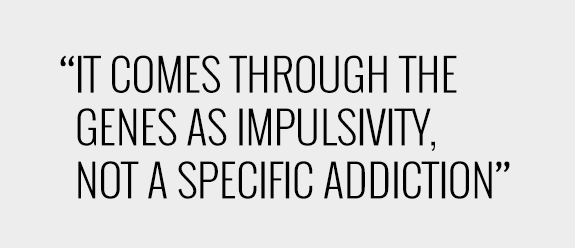
It’s not a personality trait but there does seem to be an inherited predisposition toward impulsivity. It’s believed about 30% of impulsivity is genetic.
There are many different ways to measure impulsivity but one of the clearest ways you can see it is in family history. A grandfather may be a gambler, a father could be an alcoholic and the next generation may abuse drugs — it comes through the genes as impulsivity, not a specific addiction.
Q: Who is most at risk from becoming addicted to gambling?
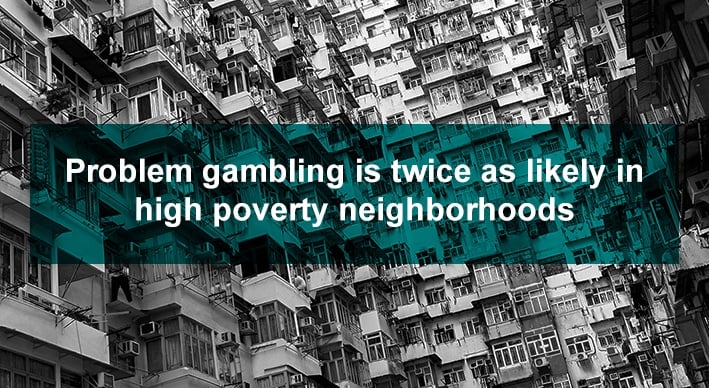
Gambling disorder can affect people of all social backgrounds, but there is a strong link between poverty and gambling. One recent study found that problem gambling was twice as likely in neighborhoods with the highest levels of concentrated poverty compared to neighborhoods with the lowest poverty levels.
Studies have shown there a number of higher risk groups, including:
- Males (Gambling has increased in women over 65 and under 35, but men are still at higher risk)
- Children of pathological gamblers and people who have addiction in their family history
- Young adults who have a “big win” early in life
- Those with pre-existing mental health conditions such as depression, bipolar disorder, anxiety, ADHD or a substance abuse problem
- People with Parkinson’s disease who are taking dopamine agonist medications
Problem gamblers may be prone to other compulsive behaviors, such as shopping and over-spending or hypersexual behavior.
Q: If people can see it’s destroying their lives, why do they continue to bet?
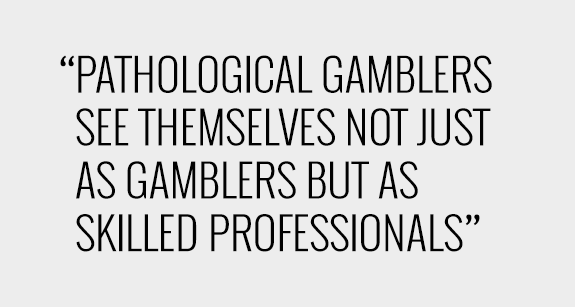
They believe they can win, despite many losses.
Another overlooked aspect is the element of competition and wanting to beat the other guy. In games like poker, compulsive gamblers may feel they are outsmarting the other people at the table and rationalize that there’s more skill to it.
People at the race track think the same thing: that they know how to handicap the horses, have special intuition and have higher quality information or tips.
Pathological gamblers see themselves not just as gamblers but as skilled professionals.
Q: Are there recognizable stages of a gambling addiction?
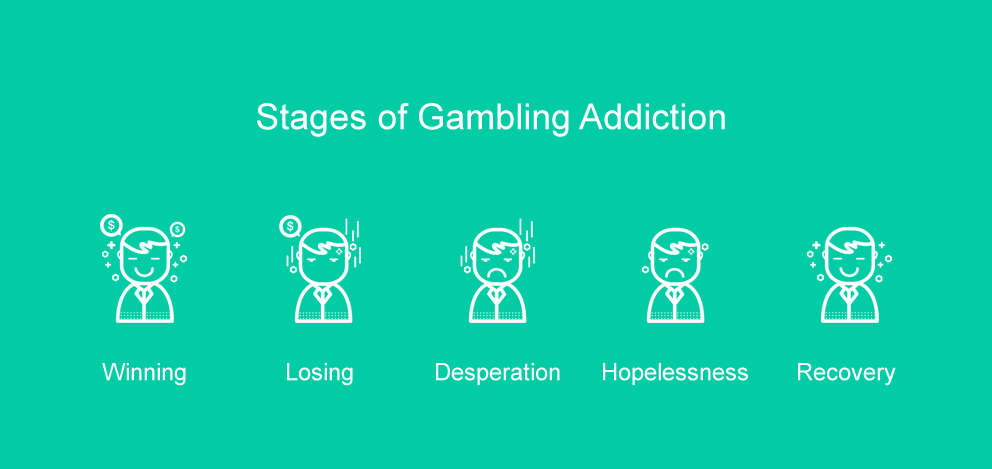
Compulsive gamblers may go through the following stages:
Stage One – Winning. There are more wins than losses and the gambler may score a “big win” that promotes their belief that they are smarter than other gamblers, that they have it down, and they know how to win.
Stage Two – Losing. The pace and frequency of gambling is stepped up, and the sums get larger. The gambler believes all losses will be recouped. They engage in deceptive and negative behaviors, such as borrowing money, lying and boasting about wins. Finally a major setback sends the gambler on a downward spiral.
Stage 3 – Desperation. The gambler spends every waking hour thinking about gambling, where to obtain the money to continue gambling, what the next bet will be, ways to beat the system, and how to come out on top again. Negative behaviors increase in frequency and intensity, along with losses. The pattern includes pathological lying, gambling to cover pain, and an increase in anger and blame. Friends, family and coworkers are wise to the game.
Credit cards are maxed out, savings depleted. At this point, the gambler will steal or embezzle money, expecting to pay it back after the next big win, but every cent goes back into gambling.
Stage 4 – Hopelessness. The gambler gives up and may contemplate or attempt suicide. They resort to illegal activities that may lead to incarceration. For many this is the final phase. For a few, however, there is a fifth phase, finally, of recovery.
Stage 5 – Recovery. The gambler admits that they have a problem and want to overcome it. Finally, they enter treatment, 12-step programs and/or counseling.
Q: What’s the worst case of gambling addiction you’ve ever had to deal with?
Forty years ago — the first time I treated a compulsive gambler — I worked with a successful hairstylist who had several shops in Orange County with a big following.
While he dabbled at the racetrack and with sports betting, he’d been playing poker compulsively since his early twenties. It was his passion, until he slid so far into the addiction he lost all but one of his stores and his wife, who, in order to protect herself financially, divorced him.
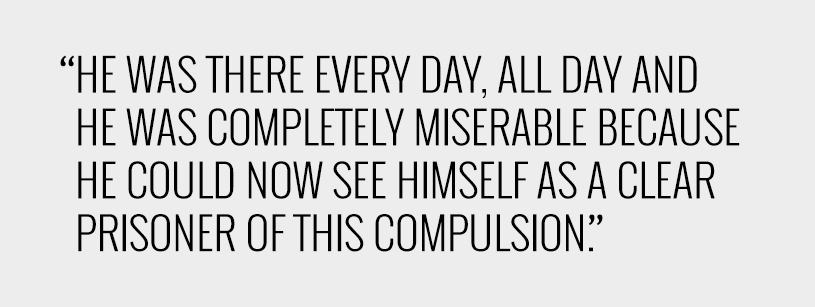
He had become severely depressed and suicidal, which is not unusual with gamblers when they’re spinning out of control. With therapy and Gamblers Anonymous, he managed to stop for a while but he started gambling again and eventually lost his last store.
To survive he had to take a job working full-time at a poker club trying to lure unaware “marks” to the table. He was there every day, all day, and he was completely miserable because he could now see himself as a clear prisoner of this compulsion.
Q: What is the best way to cure gambling addiction?
Therapy and self-help programs with peer support are useful for many people with gambling disorder.
Cognitive behavioral therapy has also been show to help because it teaches people healthier ways of thinking and behaving.
We are finding that medications that indirectly inhibit brain cells from producing dopamine and thereby reduce memories and cravings that trigger gambling behavior, can help. With more entrenched addictions, more intensive treatment may be needed.
Several types of medications have been studied as treatments for compulsive gambling, including opioid antagonists, serotonin reuptake inhibitors and mood stabilizers.
SSRI antidepressants are sometimes prescribed because they impact the serotonin system and may help to correct any imbalance. Lithium is also used. For people who have a concurrent diagnosis of bipolar disorder, nalmefene may reduce positive feelings associated with winning.
Q: Does the easy availability of gambling online and offline make it easier for people to develop gambling addictions?
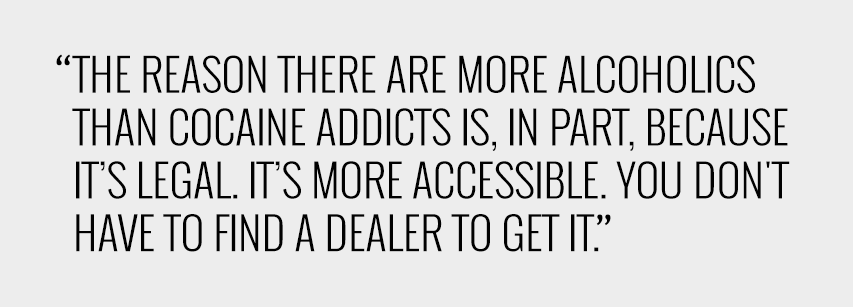
Yes. In general, the more available something is, the more people will use it.
Of course not everyone who plays a slot machine is going to become addicted, but if more people have opportunities to gamble, then more people will gamble and some will find that they can’t stop.
A case in point: The reason there are more alcoholics than cocaine addicts is, in part, because it’s legal. It’s more accessible. You don’t have to find a dealer to get it.
Q: Does a gambling problem make you more likely to get addicted to something else?
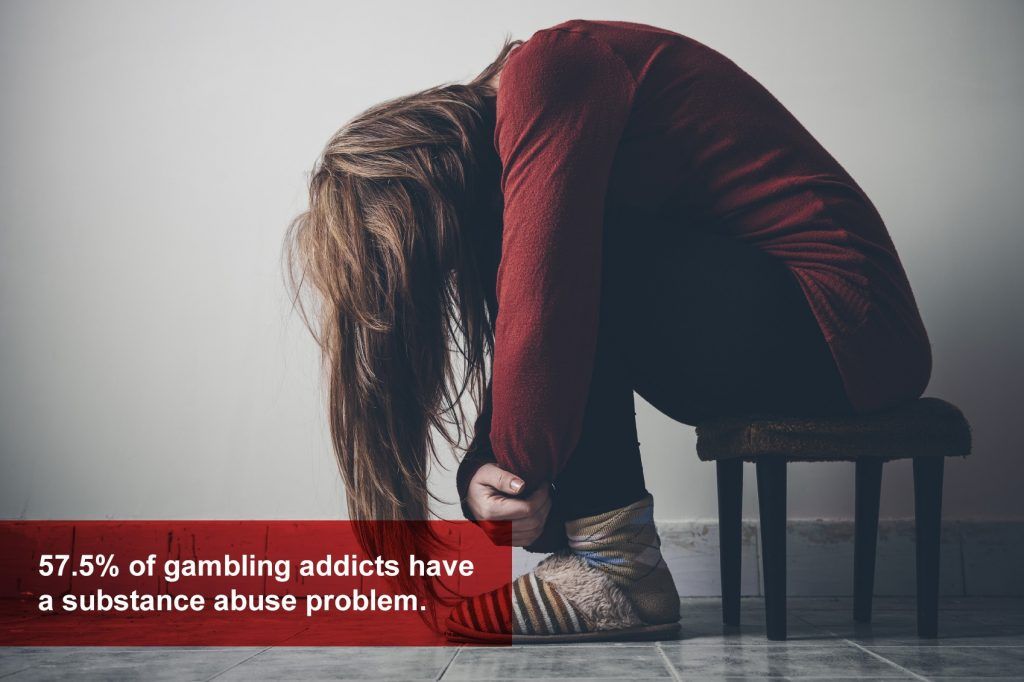
It is estimated that 57.5% of pathological gamblers have a substance use disorder. In gamblers I have seen a lot of cocaine use. They are more likely to use stimulants because these drugs keep them awake so they can keep gambling. Often, they’re only interested in using drugs while they’re gambling.
Q: What do you think would help reduce the amount of people who develop a gambling problem?
Researchers estimate that more than 80% of gambling addicts never seek treatment. In my experience, gamblers rarely ask for help and if they do, it is usually after their addiction has become entrenched and much of their lives has been lost or destroyed. Part of the solution is to educate people about the signs that gambling has become a problem and work to reduce the stigma surrounding addiction so that people reach out for help earlier.
Because many people who struggle with addiction turn to substances and rewarding behaviors like gambling to cope with emotional pain, it’s important to help people develop healthier coping skills and manage any mental health issues so they don’t resort to self-medication.
Dr. David Sack is Chief Medical Officer of Elements Behavior Health/Promises Treatment Centers. You can find out more about him and his work here www.elementsbehavioralhealth.com.

